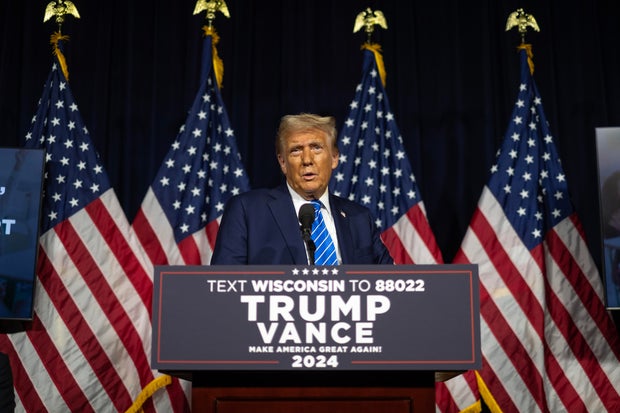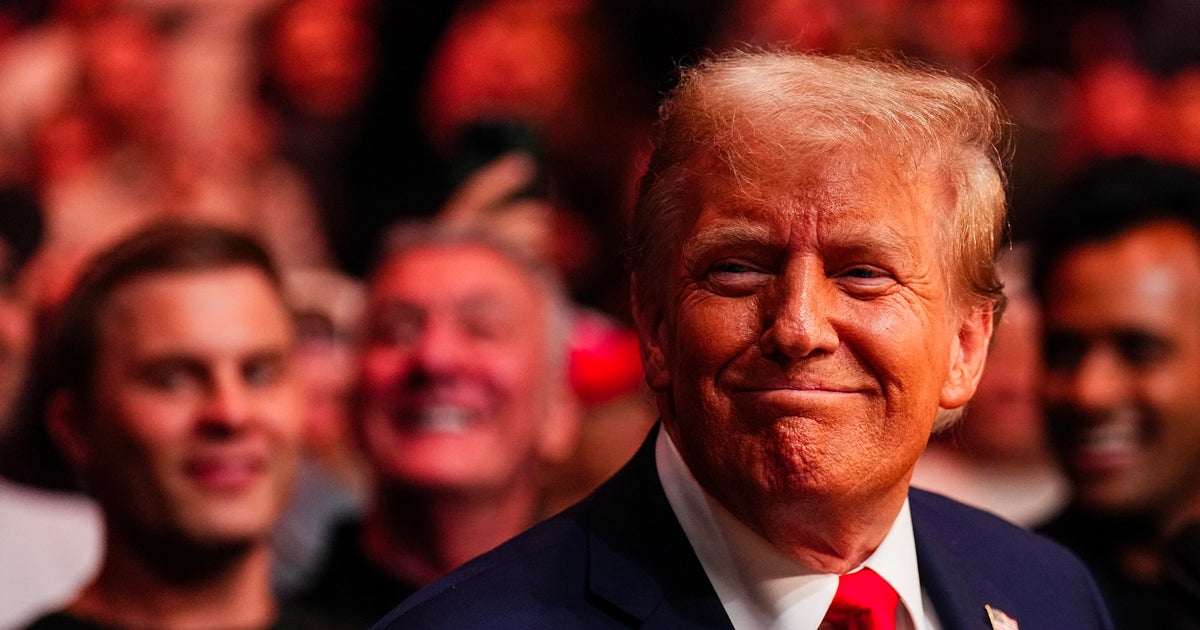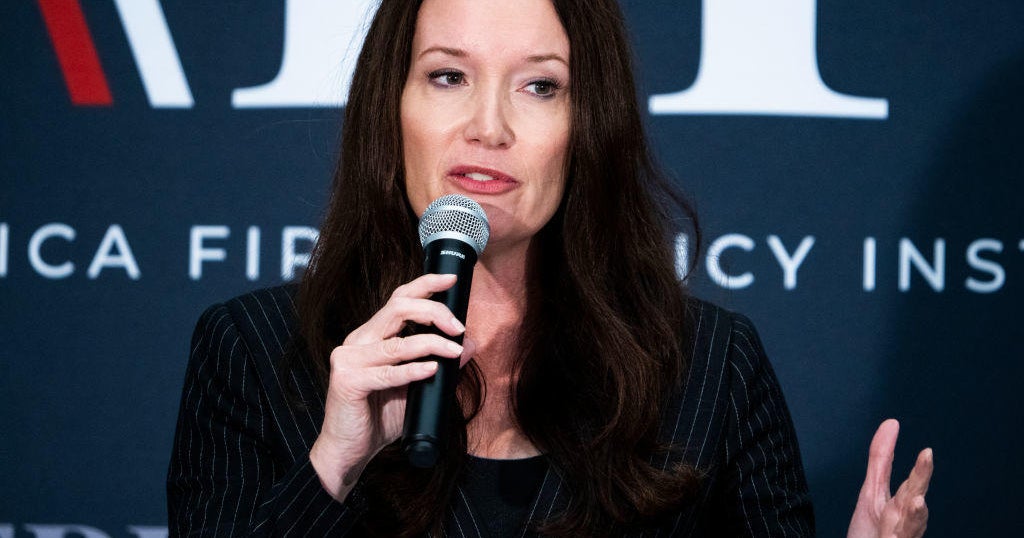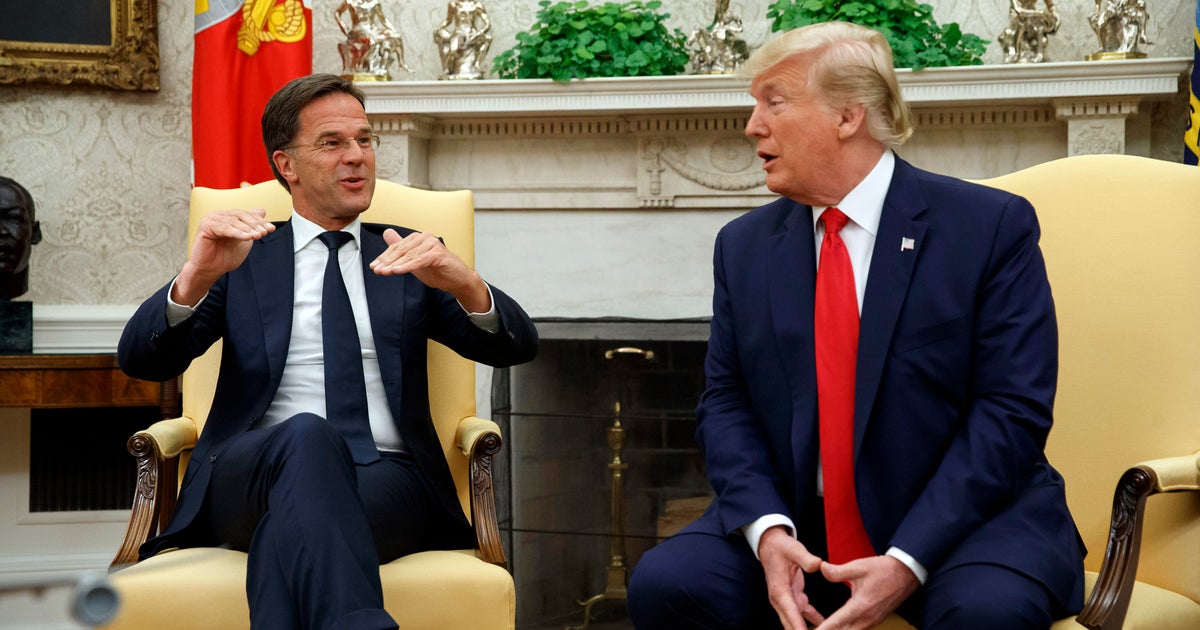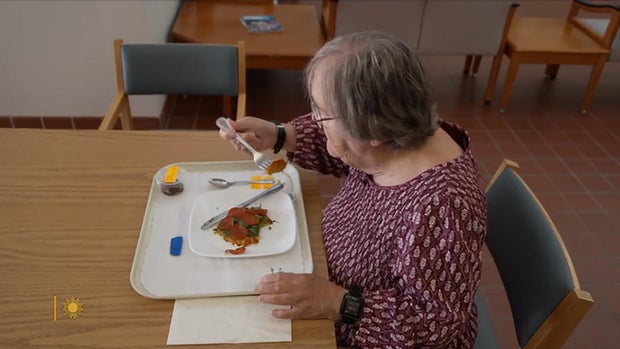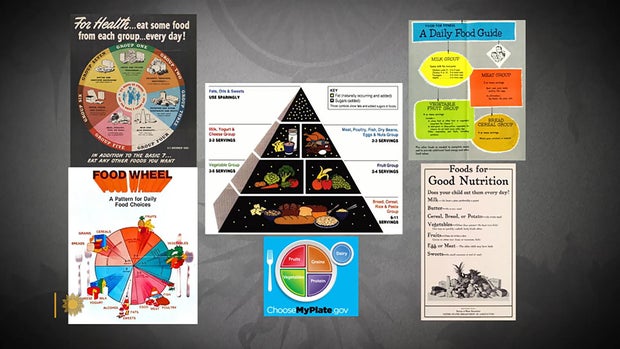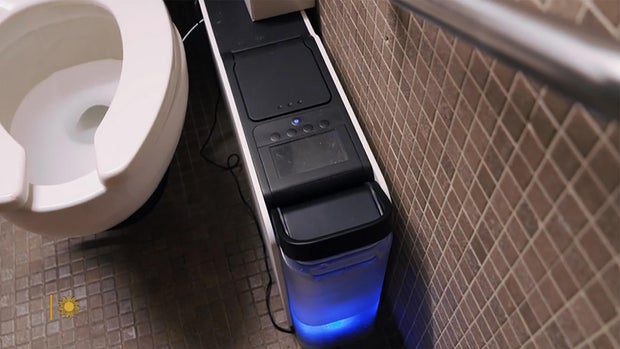CBS News
Trump says he would veto a federal abortion ban

Former President Donald Trump on Tuesday night for the first time said he would veto a federal abortion ban, a position he has shied away from declaring and is likely to upset his anti-abortion supporters.
In the middle of the vice presidential debate, Trump posted to social media that “everyone knows that I would not support a federal abortion ban, under any circumstances, and would, in fact, veto it, because it is up to the states to decide based on the will of their voters (the will of the people!)”
Trump had not previously said if he would veto a national ban. His running mate, Sen. JD Vance, said in August that the former president would veto a national abortion ban, but Trump said during the Sept. 10 debate with Vice President Kamala Harris, “I didn’t discuss it with JD.”
During that same debate, Harris said, “Understand, if Donald Trump were to be reelected, he will sign a national abortion ban.”
Trump responded that was a “lie” and he’s “not signing a ban, and there’s no reason to sign a ban because we’ve gotten what everybody wanted.”
Jim Vondruska / Getty Images
Democrats have tried to tie Trump to the abortion restrictions enacted in 22 states since Roe v. Wade was reversed, as well as to the Heritage Foundation’s Project 2025 initiative. Project 2025 says “the next conservative President should work with Congress to enact the most robust protections for the unborn that Congress will support while deploying existing federal powers to protect innocent life and vigorously complying with statutory bans on the federal funding of abortion.”
Trump had boasted about putting three conservative justices on the Supreme Court who were crucial to overturning Roe v. Wade. In August, Trump said he will vote against a proposed constitutional amendment in Florida which would undo the state’s six-week abortion ban. However, just days prior to that, he had said in an interview that six weeks “is too short.”
“There has to be more time,” he said at the time. “I am going to be voting that we need more than six weeks.”
He has insisted that giving states’ the authority to make abortion law is what people wanted.
In Tuesday’s debate, Vance said he never supported a national ban, although he said when running for Senate in 2022 that he “certainly would like abortion to be illegal nationally.” Vance also disputed the moderators’ calling a federal 15-week restriction a “ban,” saying he supported a “minimum national standard.”
Trump’s post Tuesday also falsely claimed that Democrats support late-term abortions and the “execution” of babies after they are born, a false claim he has repeated on the campaign trail.
contributed to this report.
CBS News
A study to devise nutritional guidance just for you

It’s been said the best meals come from the heart, not from a recipe book. But at this USDA kitchen, there’s no pinch of this, dash of that, no dollops or smidgens of anything. Here, nutritionists in white coats painstakingly measure every single ingredient, down to the tenth of a gram.
Sheryn Stover is expected to eat every crumb of her pizza; any tiny morsels she does miss go back to the kitchen, where they’re scrutinized like evidence of some dietary crime.
Stover (or participant #8180, as she’s known) is one of some 10,000 volunteers enrolled in a $170 million nutrition study run by the National Institutes of Health. “At 78, not many people get to do studies that are going to affect a great amount of people, and I thought this was a great opportunity to do that,” she said.
CBS News
It’s called the Nutrition for Precision Health Study. “When I tell people about the study, the reaction usually is, ‘Oh, that’s so cool, can I do it?'” said coordinator Holly Nicastro.
She explained just what “precise” precisely means: “Precision nutrition means tailoring nutrition or dietary guidance to the individual.”
The government has long offered guidelines to help us eat better. In the 1940s we had the “Basic 7.” In the ’50s, the “Basic 4.” We’ve had the “Food Wheel,” the “Food Pyramid,” and currently, “My Plate.”
CBS News
They’re all well-intentioned, except they’re all based on averages – what works best for most people, most of the time. But according to Nicastro, there is no one best way to eat. “We know from virtually every nutrition study ever conducted, we have inner individual variability,” she said. “That means we have some people that are going to respond, and some people that aren’t. There’s no one-size-fits-all.”
The study’s participants, like Stover, are all being drawn from another NIH study program called All Of Us, a massive undertaking to create a database of at least a million people who are volunteering everything from their electronic health records to their DNA. It was from that All of Us research that Stover discovered she has the gene that makes some foods taste bitter, which could explain why she ate more of one kind of food than another.
Professor Sai Das, who oversees the study at Tufts University, says the goal of precision nutrition is to drill down even deeper into those individual differences. “We’re moving away from just saying everybody go do this, to being able to say, ‘Okay, if you have X, Y and Z characteristics, then you’re more likely to respond to a diet, and somebody else that has A, B and C characteristics will be responding to the diet differently,'” Das said.
It’s a big commitment for Stover, who is one of 150 people being paid to live at a handful of test sites around the country for six weeks – two weeks at a time. It’s so precise she can’t even go for a walk without a dietary chaperone. “Well, you could stop and buy candy … God forbid, you can’t do that!” she laughed.
While she’s here, everything from her resting metabolic rate, her body fat percentage, her bone mineral content, even the microbes in her gut (digested by a machine that essentially is a smart toilet paper reading device) are being analyzed for how hers may differ from someone else’s.
Nicastro said, “We really think that what’s going on in your poop is going to tell us a lot of information about your health and how you respond to food.”
CBS News
Stover says she doesn’t mind, except for the odd sounds the machine makes. While she is a live-in participant, thousands of others are participating from their homes, where electronic wearables track all kinds of health data, including special glasses that record everything they eat, activated when someone starts chewing. Artificial intelligence can then be used to determine not only which foods the person is eating, but how many calories are consumed.
This study is expected to be wrapped up by 2027, and because of it, we may indeed know not only to eat more fruits and vegetables, but what combination of foods is really best for us. The question that even Holly Nicastro can’t answer is, will we listen? “You can lead a horse to water; you can’t make them drink,” she said. “We can tailor the interventions all day. But one hypothesis I have is that if the guidance is tailored to the individual, it’s going to make that individual more likely to follow it, because this is for me, this was designed for me.”
For more info:
Story produced by Mark Hudspeth. Editor: Ed Givnish.
“Sunday Morning” 2024 “Food Issue” recipe index
Delicious menu suggestions from top chefs, cookbook authors, food writers, restaurateurs, and the editors of Food & Wine magazine.
CBS News
A new generation of shopping cart, with GPS and AI

Watch CBS News
Be the first to know
Get browser notifications for breaking news, live events, and exclusive reporting.
CBS News
“All hands on deck” for Idaho’s annual potato harvest

Watch CBS News
Be the first to know
Get browser notifications for breaking news, live events, and exclusive reporting.


